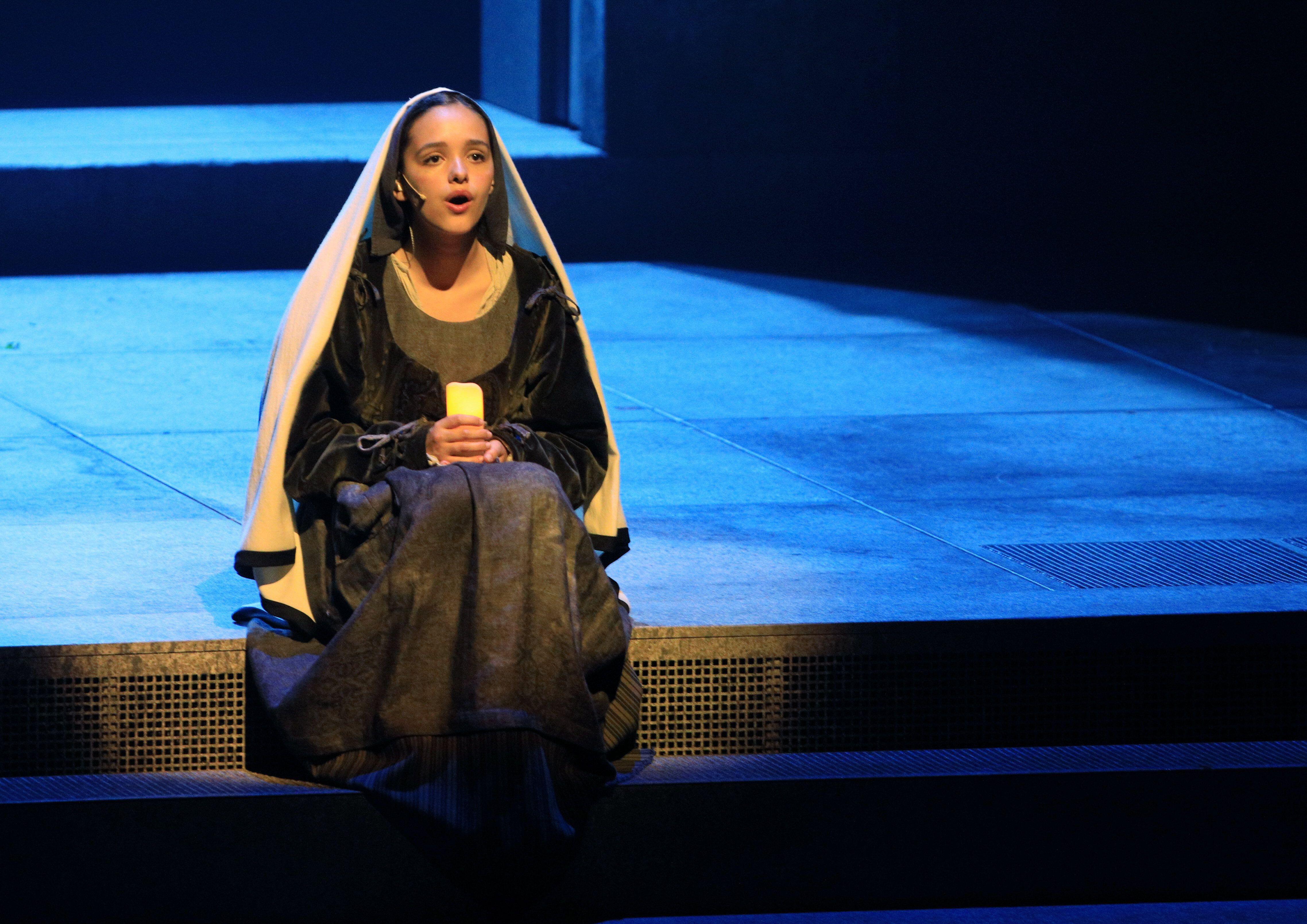The producer of a popular French musical about St Bernadette Soubirous has filed an appeal against an official ruling that a state school cannot use a free cultural pass for a class trip to his show because the topic violated France’s laïcité laws.
The dispute over the musical Bernadette of Lourdes revived a recurring dispute about the country’s 1905 law on the separation of Church and State.
Producer Roberto Ciruleo said state school authorities in the Paris region had only looked at the title of the musical and ruled that pupils on a school trip could not use CulturePass – an official programme giving minors free admission to cultural events – to see it.
“It’s not because this project was born in Lourdes that it automatically speaks about religion,” said Ciruleo, who needs CulturePass funds to finance the musical.
The apparitions witnessed by Bernadette are only mentioned briefly, he said, while most of the musical deals with the opposition she faced from officials and Church leaders.
“The issues resonate with all young people today: the relationship to their family, to authority, to rumours, pressure, the truth,” he wrote on social media. Most of the cast is not religious, he added.
State schools in France sign the Charter of Laïcité, which forbids them from promoting any religion, so authorities ruled against using CulturePass for a school trip to see Bernadette of Lourdes. However, pupils can use the pass if they seek access to such events individually.
Another unresolved case illustrated further complications that can arise from the law. A nun has been told to reimburse the state for her studies at an elite university that charges no fees in exchange for 10 years of public service after graduation.
Engineers and academics who choose to work in the private sector usually have this penalty paid by their new employers. Graduates who enter religious life used to receive a quiet exemption, but an administrative court has ruled she must pay up.
The nun, with her vow of poverty, has no money. The court ruled that she made that choice freely and thus must pay the €37,000 the university seeks. It did not say how she could find the funds.



 Loading ...
Loading ...